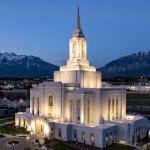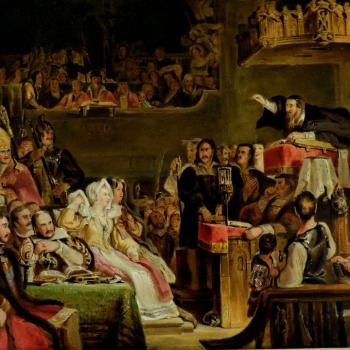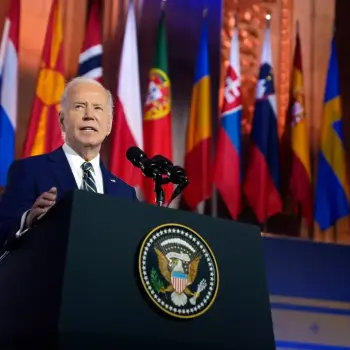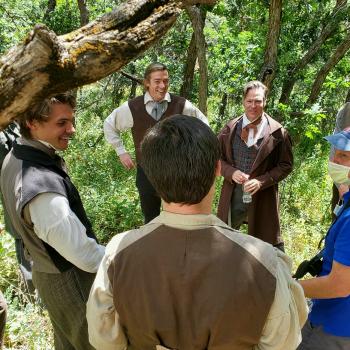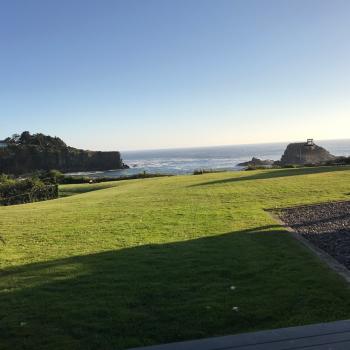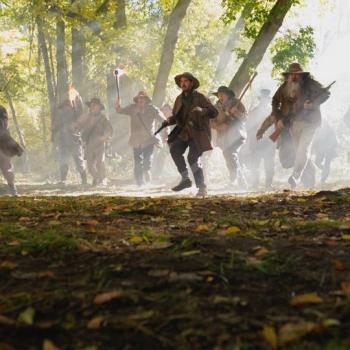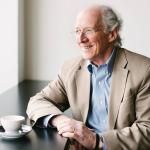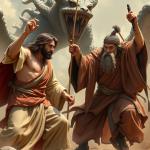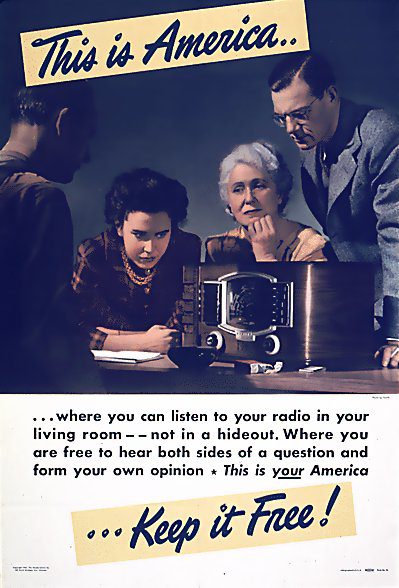
(Wikimedia Commons public domain image)
Spencer Kraus, Martin Tanner, Hales Swift, and Brent Schmidt came together for the 7 January 2024 episode of the Interpreter Radio Show, which focused on Come, Follow Me Book of Mormon lesson 5 and on evidences for the Book of Mormon. Their conversation is now archived, freed from commercial interruptions, and made available for your listening pleasure. The “New Testament in Context” portion of the 7 January 2024 show, for Come, Follow Me Book of Mormon lesson 5, will also be posted separately on Tuesday, 23 January 2024.
The Interpreter Radio Show can be heard each week on Sunday evenings from 7 to 9 PM (MDT), on K-TALK, AM 1640. Or you can listen to it live on the Internet at ktalkmedia.com.
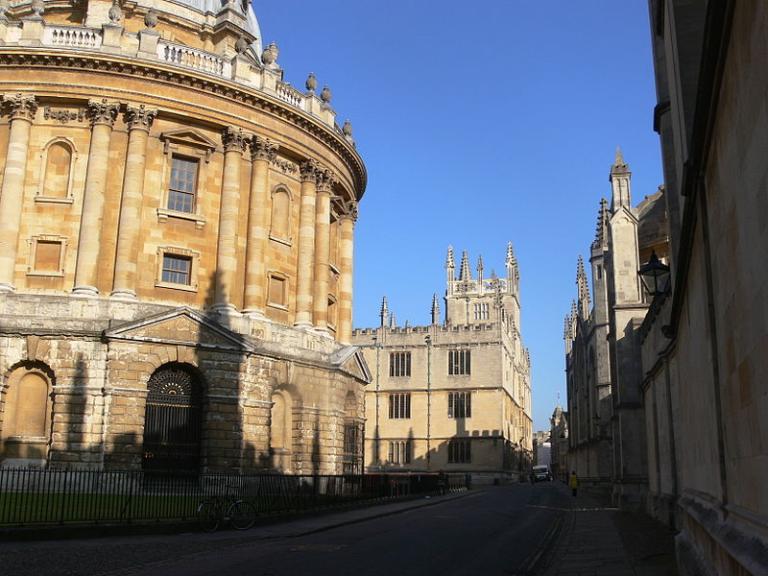
(Wikimedia Commons public domain image)
I recently re-read C. S. Lewis’s famous book Mere Christianity on the flight over to London and Cairo. It has been a fair while since I’ve read that particular volume, and here are a couple of the many passages that struck me. I supply no page references both because there are multiple editions and because I read it on my iPad:
I have been asked to tell you what Christians believe, and I am going to begin by telling you one thing that Christians do not need to believe. If you are a Christian you do not have to believe that all the other religions are simply wrong all through. If you are an atheist you do have to believe that the main point in all the religions of the whole world is simply one huge mistake. If you are a Christian, you are free to think that all those religions, even the queerest ones, contain at least some hint of the truth. When I was an atheist I had to try to persuade myself that most of the human race have always been wrong about the question that mattered to them most; when I became a Christian I was able to take a more liberal view. But, of course, being a Christian does mean thinking that where Christianity differs from other religions, Christianity is right and they are wrong.. As in arithmetic – there is only one right answer to a sum, and all other answers are wrong; but some of the wrong answers are much nearer being right than others.
The first big division of humanity is into the majority, who believe in some kind of God or gods, and the minority who do not. On this point, Christianity lines up with the majority – lines up with ancient Greeks and Romans, modern savages, Stoics, Platonists, Hindus, Mohammedans [sic], etc., against the modern Western European materialists. (C. S. Lewis, “The Rival Conceptions of God,” in Mere Christianity)
When Lewis comes to the mainstream Christian doctrine of the Trinity in the latter portion of Mere Christianity, he loses me. He strikes me, there, as much less lucid and definitely less persuasive. I think that that is the fault of his subject matter, orthodox Trinitarianism, rather than his own. The doctrine is, in my judgment, unavoidably and necessarily incoherent. But his discussion of the Trinity is probably the reason why I’ve gone so long since last reading the book. On the other hand, the earlier portions of Mere Christianity seem to me, at places, nothing short of brilliant.

Our friends at Interpreter’s sister organizations are doing very interesting things these days. I highlight two recent video examples here:
- “What Does the Goddess Asherah Have To Do With the Tree of Life?” (Book of Mormon Evidence 427). [7:27]
I have myself long had a particular interest in the subject of Asherah and the Book of Mormon, and I have published on it.
Discover compelling evidence for the divinity of the Book of Mormon in “A Marvelous Work”. In this premiere episode, Scott Christopher provides a glimpse into the topics he’ll explore as he travels the world in search of evidence for the Book of Mormon.
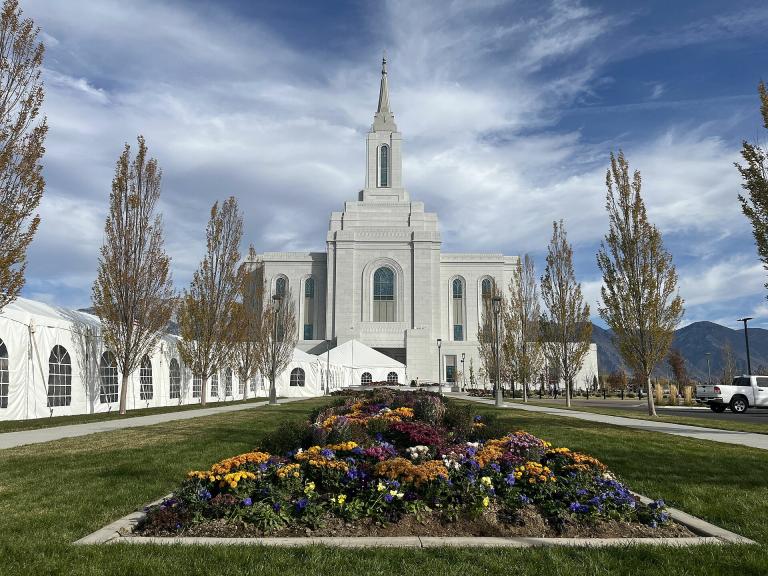
Here for your enjoyment are some really beautiful photographs, including interior photographs, of the newly dedicated Orem Utah Temple, which is conveniently located just a few minutes from my home: https://churchofjesuschristtemples.org/orem-utah-temple/photographs/
I was surprised to see this article, written by Brian T. Allen, appear just the other day in National Review: “What Is Utah?” It wasn’t quite as positive and enthusiastically favorable as I would have preferred, but it was far better than such articles typically are. If any of you can access it, please let me know what you think.
And this Deseret News article, authored by Hanna Seariac, might interest you: “From fry sauce to social mobility, here’s a closer look at what Gov. Cox says makes Utah ‘weird’: In the State of the State address, Utah’s governor spoke about both silly and serious things that make the Beehive State unique.” Even apart from religion, I’m a fan of regional differences and dislike the standardization of America. I want Portland to remain weird, and New Orleans to continue to be whatever New Orleans is. I like local restaurants with local foods and specialties. I don’t want everything to be flattened out and made uniform.
But there is no question that there is a religion-related subtheme here, and that all three of the items mentioned immediately above were located in the general vicinity of the Christopher Hitchens Memorial “How Religion Poisons Everything” File™.


